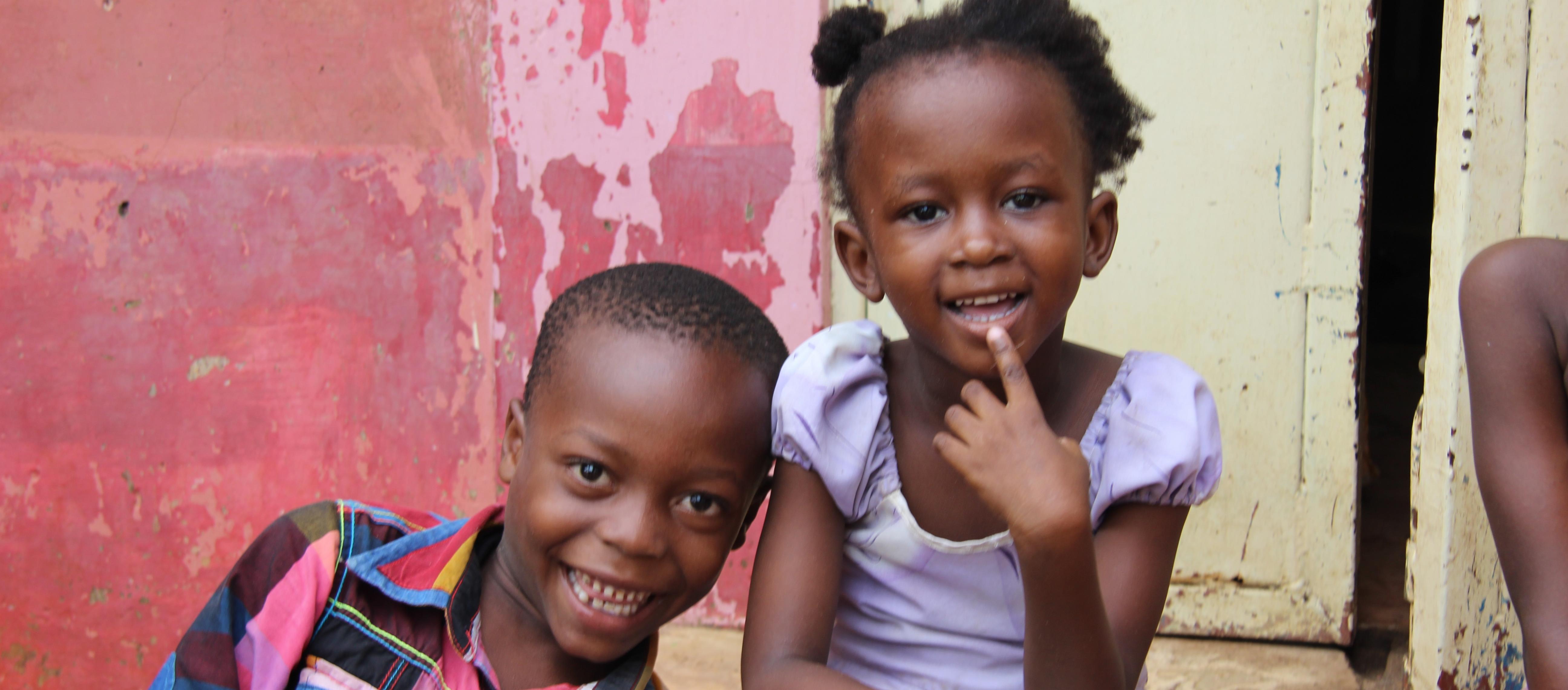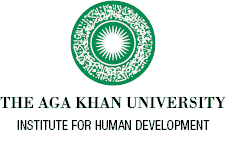Workforce and Early Human Development in Sub-Saharan Africa

Project Name: Partnership for Early Childhood Development (ECD) Workforce and Early Human Development in Sub-Saharan Africa
Supported By: Conrad N. Hilton Foundation Grant
Location: Kenya, Tanzania, Mozambique, Malawi and Zambia
Duration: 2017 – 2019
Since 2014, AKU-IHD has worked in collaboration with the Conrad N. Hilton Foundation to advance understanding of the science of early child development amongst partners in Sub Saharan Africa. Both Phase I and II of the project partnership are aligned with AKDN’s global ECD framework that focuses on transforming the quality of life of young children and their families, building strong institutions, fostering leaders and professionals and contributing to learning networks, research and policy. Specifically, the partnership makes a very important contribution to the vision of AKU-IHD to advance knowledge about the earliest years of children’s development and harness such knowledge for the purposes of shaping policies and interventions that ensure a strong start in life for all children wherever they may live.
The intention of the project is to develop a common base of relevant, evidence-based knowledge across the region in order to provide a strong foundation for programs and policies aimed at building a promising future for children. The current project phase is designed to support professional development of project teams, academicians, medical practitioners, teachers and policy makers. These individuals are encouraged to support the professional development of thousands more colleagues, further cementing the link between theory and practice, the “why” and the “how.” The main goal is to support partners who are offering programs to children and families affected by HIV Aids in the five focus countries.
The Science of Early Child Development course leverages and builds upon a plethora of Science of Early Child Development (SECD) educational resources developed by the AKDN and Red River College. SECD course materials include not only research, but examples of the “how” or profiles of many innovative community-based ECD programs, most in low-resource settings. These courses are beneficial for understanding “the why” and catalytic for many frontline ECD practitioners and implementers investing in the community. AKU IHD acknowledges that more courses and programs of this nature are needed to create a critical mass of people from frontline workforce to government champions who have a common understanding of ECD in the region.
The current partnership with the Hilton Foundation has also supported AKU-IHD’s own institutional strengthening, building capacity, sustainability and relevance within the Sub-Saharan ECD context. The collaboration has supported one prospective IHD faculty member to pursue doctoral studies in Canada and five individuals (two post-doctoral fellows and three graduate research assistants) to undergo training at IHD. This component of the partnership is providing a platform to build capacity for professionals in the region to conduct child development research while also adding to IHD’s understanding of young children’s lives and effective program design. It serves as an avenue to grow the ECD field and workforce in the region, ensuring that there are close linkages between research and implementation as the ECD sector continues to grow


